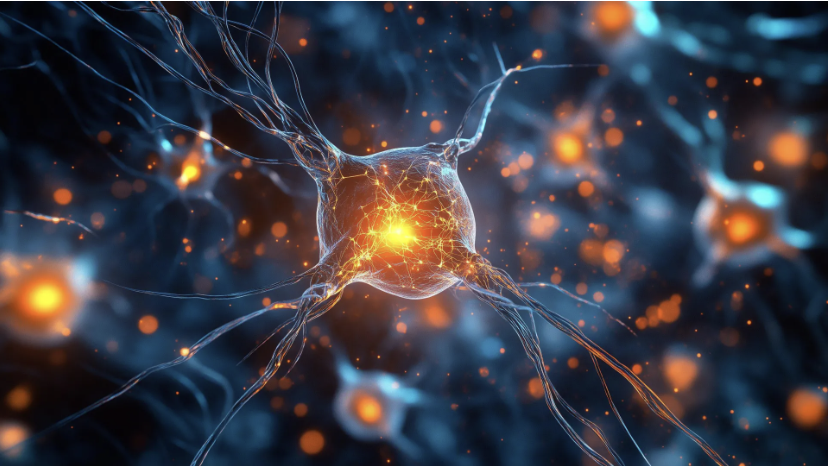The study presents the development of a reproducible 3D brain microphysiological system (BMPS) derived from induced pluripotent stem cells (iPSCs) to model human brain neurophysiology in vitro. This BMPS consists of mature neurons and glial cells (astrocytes and oligodendrocytes) that exhibit neuronal-glial interactions, connectivity, synaptogenesis, and spontaneous electric field potentials over eight weeks of maturation. Notably, the BMPS demonstrates 40% overall myelination, a critical element for proper neuronal function and development. The ability to assess oligodendroglial function and mechanisms associated with myelination in this BMPS makes it a valuable tool for studying neurological disorders, including multiple sclerosis and other demyelinating diseases. The BMPS offers a reliable model for investigating neuron-neuroglia function and pathogenic mechanisms in neurotoxicology.
Keywords: Organoids, microphysiological systems, organ-on-chip, tocxicity, neurological diseases




